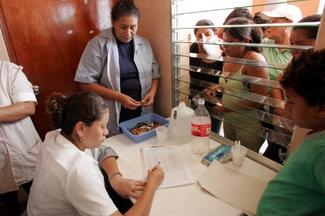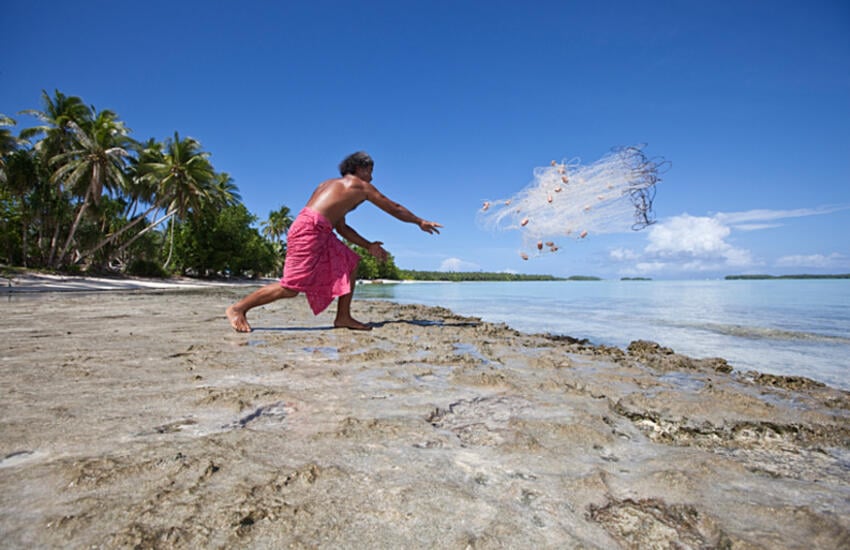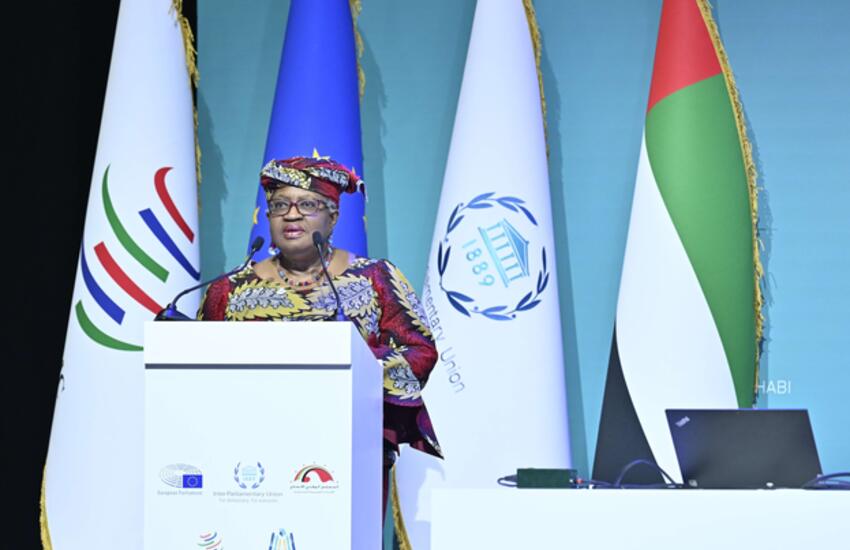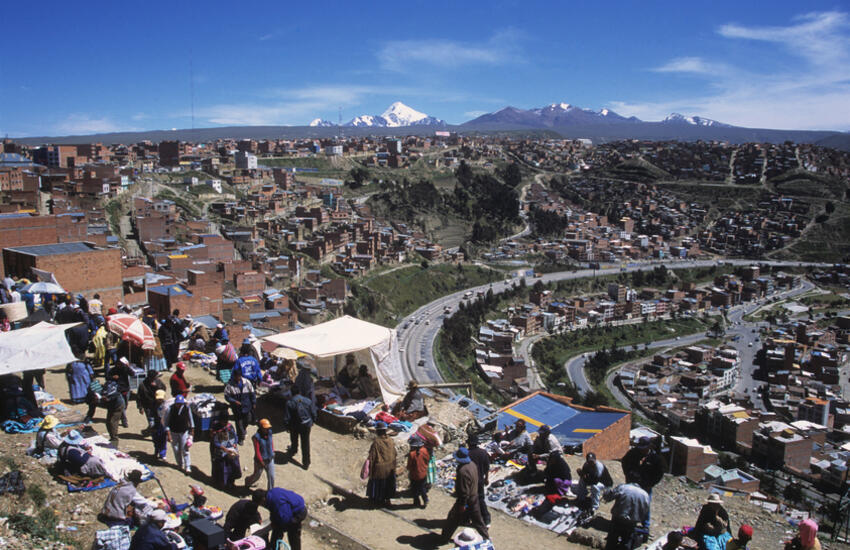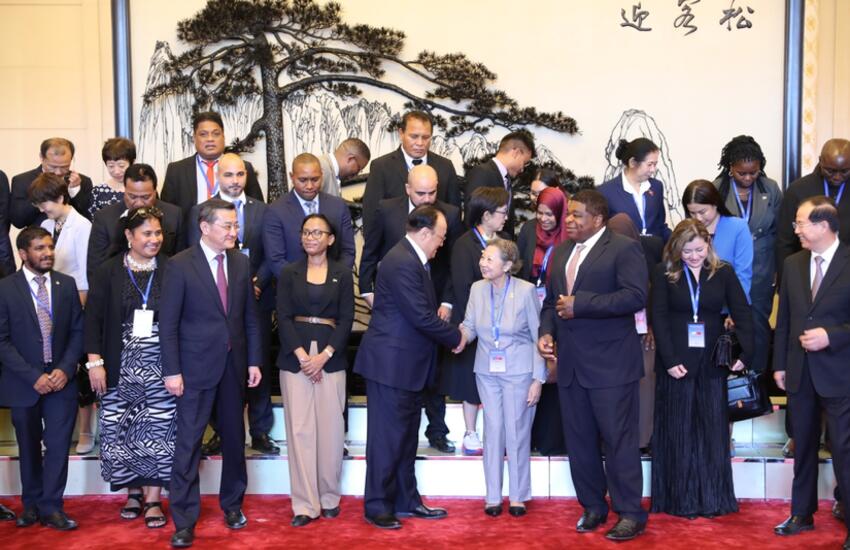The National Assembly of Nicaragua formed a monitoring group to oversee compliance with the SDGs. The Group prepares evaluation reports and develops other knowledge products to support MPs’ work. Close work with the General Directorate of Legislative Affairs and the parliamentary committee in charge of technical affairs allows for systematic inclusion of the SDGs in the legislative process, and for proper and timely advice and guidance to MPs in the adoption of or amendments to draft laws.
SDGs integration into parliament’s core functions
An innovative reference tool called the Institutional Policies Information System provides detailed information on each approved regulation. In addition to the SDGs, the tool includes references to cross-cutting and intersectional data on, among others: the people targeted; expected social benefits; issues related to interculturality, climate change, gender equality; and intergenerational issues. It also allows MPs and committees to verify which SDG is being incorporated into each draft legislation before its enactment.
The General Directorate for Budgetary and Economic Analysis and Monitoring ensures that the proposed policies are aligned with the SDG framework. To ensure accountability and transparency in the public spending of the General Budget of Nicaragua, strong focus has been placed on projects that promote the fight against and reduction of poverty. Given limited financial resources, several loan agreements have been approved through legislative decrees with international finance institutions.
Universal health coverage and quality healthcare
Since the adoption of the 2030 Agenda for Sustainable Development, the National Assembly has adopted three laws and 11 legislative decrees that aim to improve access to health care and services for vulnerable and marginalized populations. One of these measures is the Law of the Nicaraguan Legal Digest on Health Matters that consolidates and secures the legal framework enabling access to health care. The Law on National Centers for Mobile Health Clinics promotes a model of family and community health that emphasizes prevention, self-care and shared responsibility for the preservation of health. Furthermore, access in rural and urban areas to health care with quality services and coverage of the population’s general and specialized medical needs are legally regulated.
Funding available through international loan agreements is complemented by national financial resources to reduce health disparities and accelerate the reduction of maternal and infant morbidity and mortality throughout the country. These additional resources helped strengthen the capacity of the health system during the COVID-19 pandemic.
Disaster risk reduction and climate change measures
The national budget includes measures for institutional capacity-building, and the protection, conservation, and sustainable development of Earth. As a result, there has been significant increase in investments in the renewable energy sector (wind, geothermal and hydroelectric power), reaching a 75.8 per cent renewable energy share in the total energy mix of the country and 99 per cent nationwide electricity coverage.
In the National Plan to Fight Poverty and for Human Development (2022-2026), the government prioritized incentives for new green investments through technological, economic, and environmental alternatives that will benefit vulnerable families and communities. The Plan includes 13 environmental and climate change projects that are financed and supported through the technical and economic cooperation of different partners. Projects focus on strengthening the management of protected areas, climate governance, the sustainable use of natural resources, the promotion of environmentally sound goods and services and planning for additional investments.
The National Assembly has also supported various policies for the achievement of SDG 6 (Clean water and sanitation) to improve the sustainable management of water and sanitation for the entire population, as well as to regulate the import and export of toxic substances.
Challenges and lessons learnt
The SDG Group is in the process of validating the legislative Information System tool. It is expected that the tool will be applied by all standing committees in 2022 to enable comprehensive review before formal approval of every legislative initiative that goes against the SDGs.





